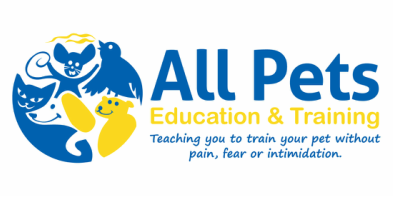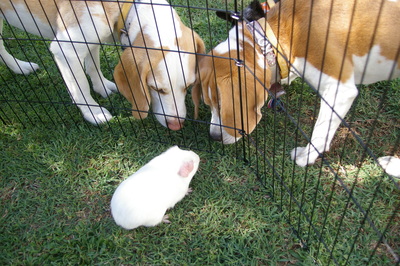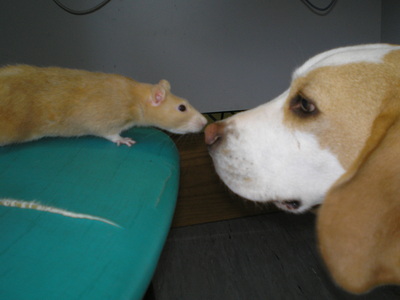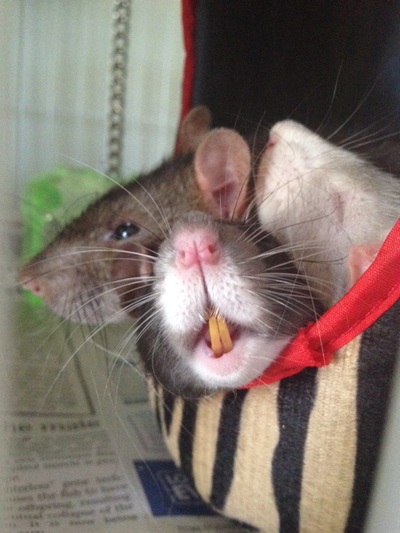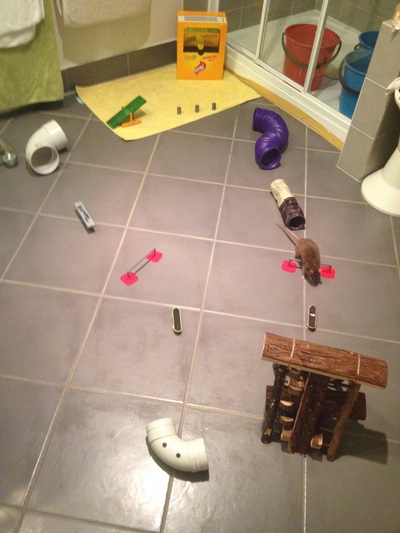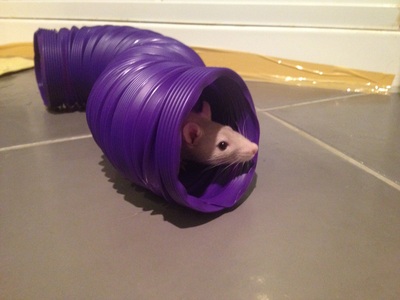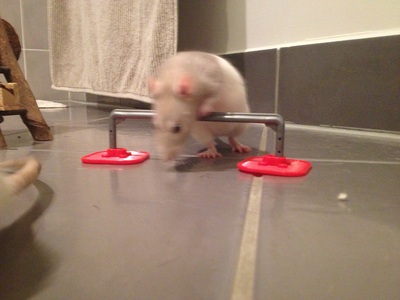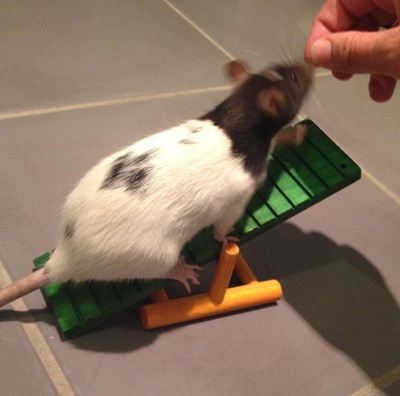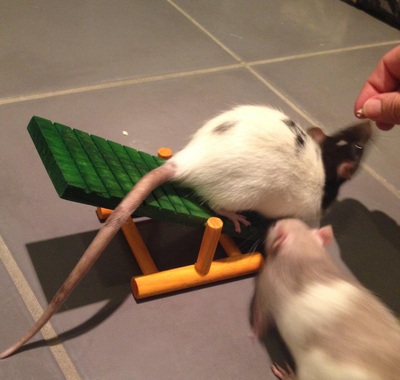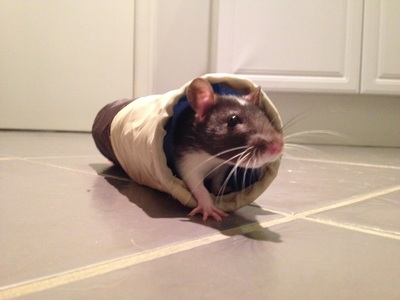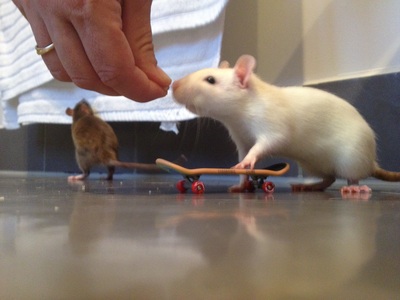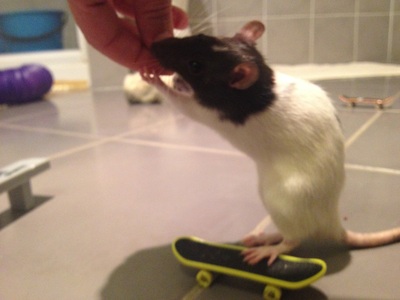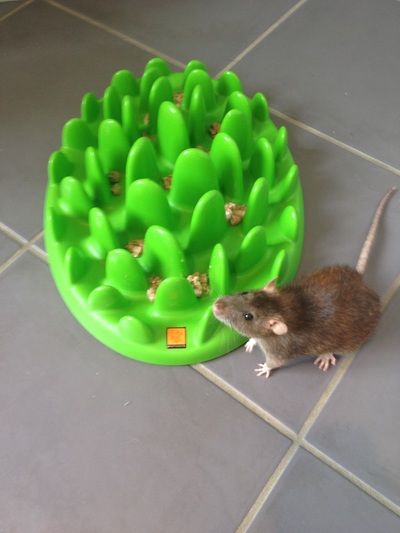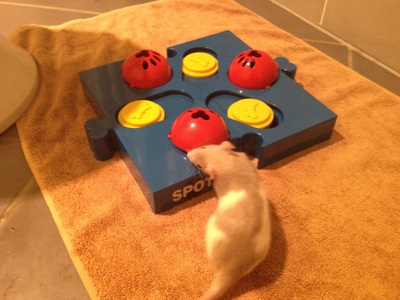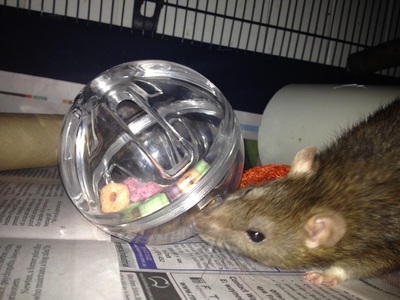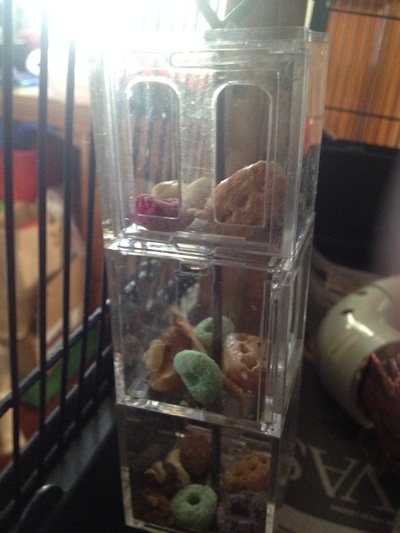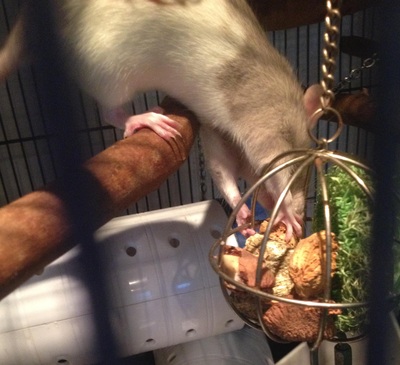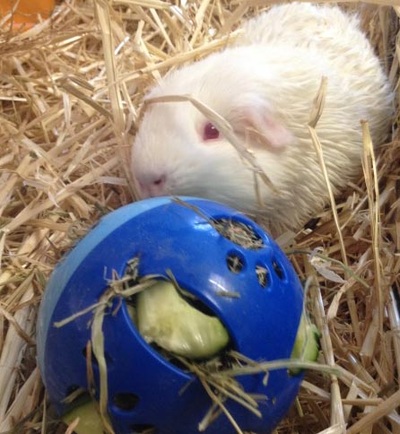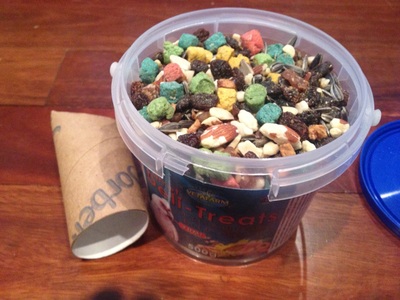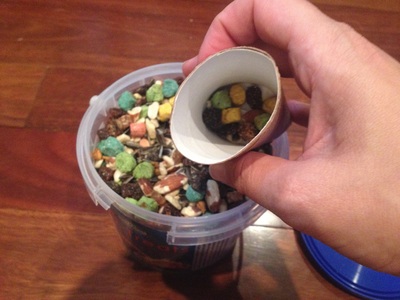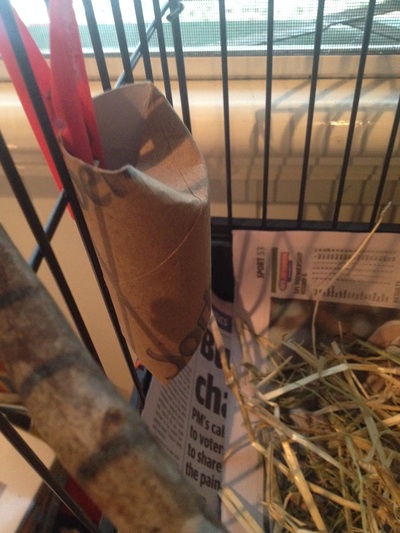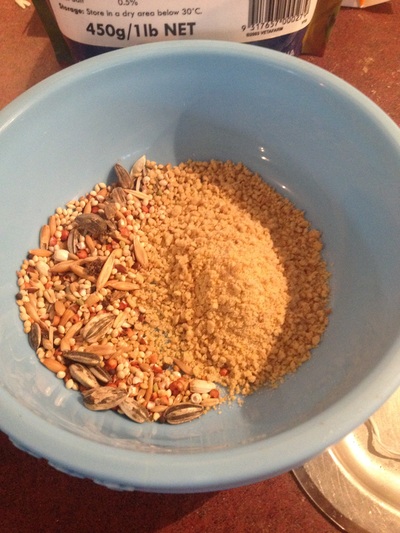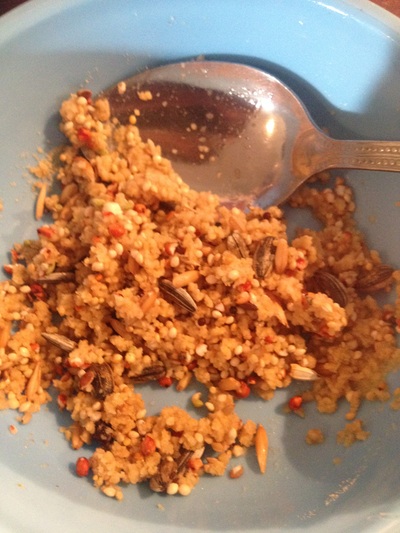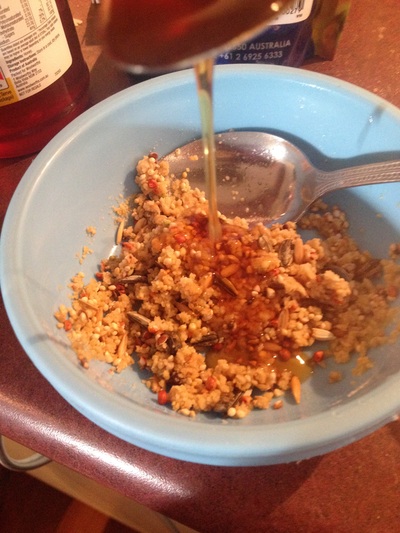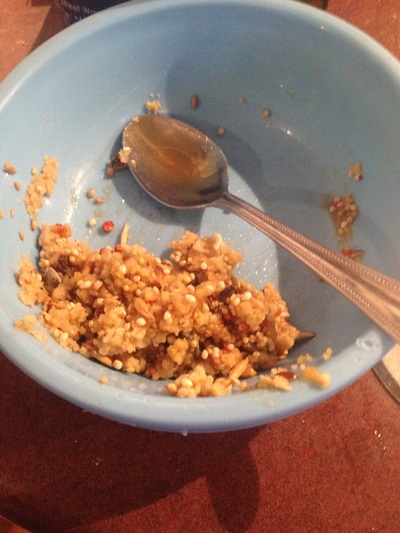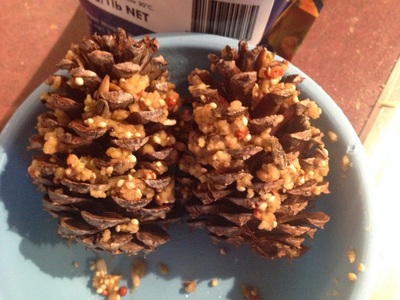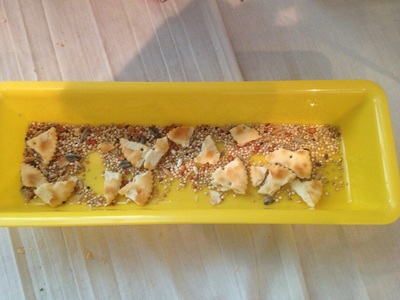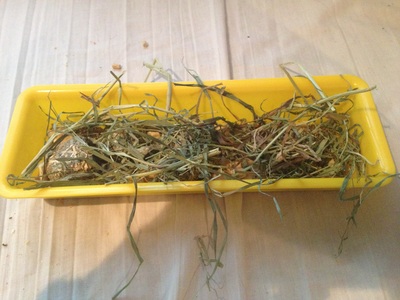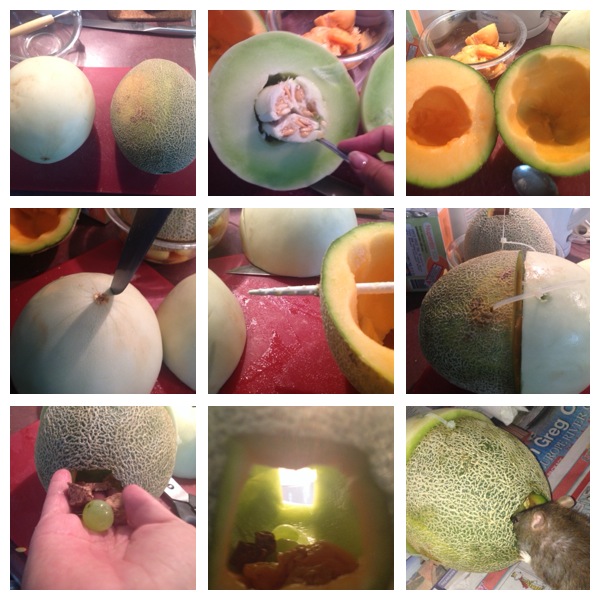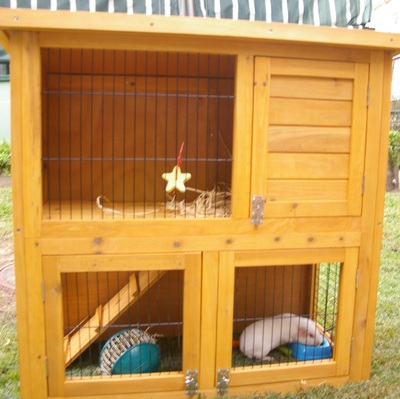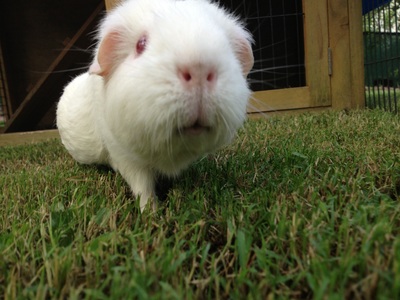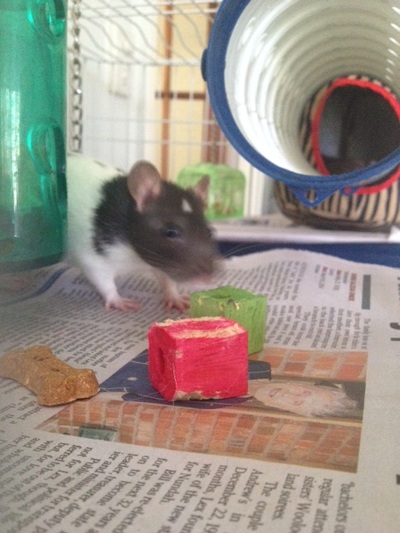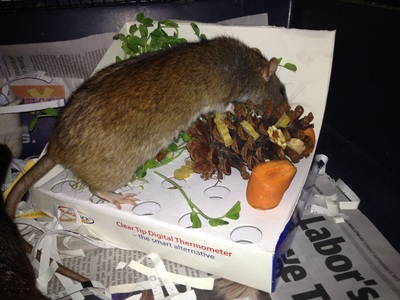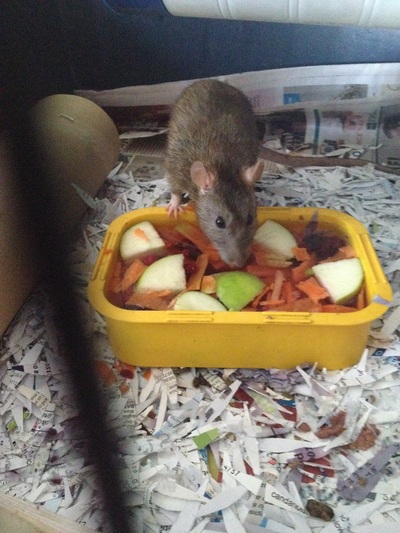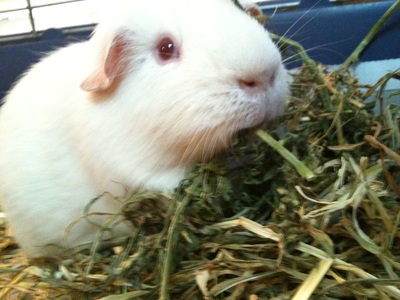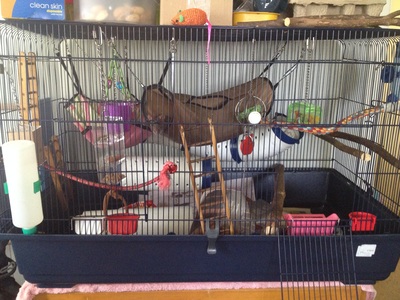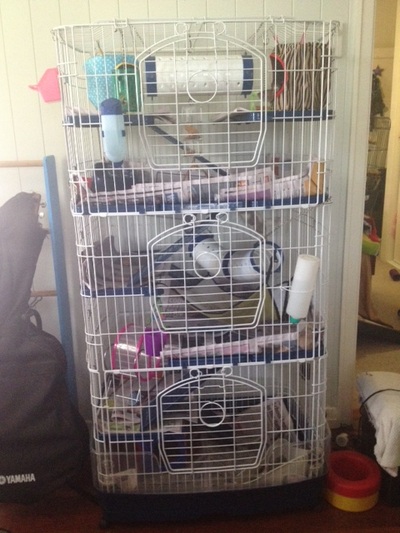Enrichment for Pocket Pets
Enrichment makes something more meaningful, substantial, or rewarding.
Enrichment improves something. (Vocabulary.com)
Enrichment can be broken down into types such as social, life, training and environmental.
Enrichment improves something. (Vocabulary.com)
Enrichment can be broken down into types such as social, life, training and environmental.
Social – Social enrichment is any interaction between an animal and another that doesn’t involve conflict. Social enrichment can be two or more of the same species living together. However, social enrichment doesn’t even mean the animal has to touch the other, it can be as simple as your dog and rat (safely – protected from each other) cohabiting in the same room, or your guinea pig and dog (as long as the dog is relaxed around the guinea pig) spending time together in the yard. Once again, you need to ensure safety, and the pocket pets must always have some means of shelter and escape from predators. Talking to your mice, cuddling your guinea pig, having your rat ride on your shoulder – are all social enrichment for both you and your pocket pet.
Life - Life enrichment is allowing your pocket pet to do things normal to them. This means chewing, burrowing, digging, climbing, and foraging.
Training – All pocket pets are receptive and quite readily trainable. Using positive reinforcement – reward based training, you will be able to quickly train your pet to do some really cool things.
Why not set up an agility course and train your pet to come when called, go over hurdles, through tunnels, over seesaws, or even play basketball for just a few ideas.
Training – All pocket pets are receptive and quite readily trainable. Using positive reinforcement – reward based training, you will be able to quickly train your pet to do some really cool things.
Why not set up an agility course and train your pet to come when called, go over hurdles, through tunnels, over seesaws, or even play basketball for just a few ideas.
Finger skateboards (childrens toys) and the equipment that goes with them are the perfect size for your smaller rodent friends.
Environmental - Environment enrichment is adding things to your pocket pets life that he or she will find entertaining, rewarding, or meaningful.
In the wild a rat, mouse or guinea pig would spend most of their day (or night) looking, searching and scavenging for food. Life as a pocket pet usually means the food is provided in a dish and the rest of the day is left without much to do.
When this occurs, some pets will develop abnormal behaviours (also known Sterotypic).
By providing your pocket pets with environmental enrichment opportunities many of these undesired behaviours can be managed if they have developed and prevented from developing in other pocket pets.
To provide your pocket pet with enrichment opportunities you can use purpose built foraging devices – usually sold for birds, and food dispensing items sold for cats and dogs.
In the wild a rat, mouse or guinea pig would spend most of their day (or night) looking, searching and scavenging for food. Life as a pocket pet usually means the food is provided in a dish and the rest of the day is left without much to do.
When this occurs, some pets will develop abnormal behaviours (also known Sterotypic).
By providing your pocket pets with environmental enrichment opportunities many of these undesired behaviours can be managed if they have developed and prevented from developing in other pocket pets.
To provide your pocket pet with enrichment opportunities you can use purpose built foraging devices – usually sold for birds, and food dispensing items sold for cats and dogs.
Or why not make some out of simple household items, including egg cartons, empty cardboard boxes, toilet rolls and pinecones.
Use a toilet roll, packed with a few of your pocket pets favorite treats and hang in their cage to find (rats and mice), or leave in the cage for the guinea pigs to find, roll around and chew through. For pets that may be having trouble make the task easier by not folding the ends as tightly or cut small holes in the tube so the treats will roll out.
I also make pine cone treats for my rats.
Mix equal quantities of pellets, seed, and mash with a little water. Add a small amount of honey to make it sticky and then stuff it in the pinecone – give to your pocket pets. Remove any uneaten portion after 12 hours.
I also make pine cone treats for my rats.
Mix equal quantities of pellets, seed, and mash with a little water. Add a small amount of honey to make it sticky and then stuff it in the pinecone – give to your pocket pets. Remove any uneaten portion after 12 hours.
Providing your pocket pets daily food in several smaller dishes throughout their enclosure can be a simple enrichment tool. This will encourage activity and stimulate their minds and desire to seek their food. Why not use a treat ball or foraging ball stuffed with timothy grass hay.
When your pet has caught on to the food being located in several different dishes you can start making things a little harder. Hide their food by covering the dishes with a tissue, grass hay or paper.
You can build your pocket pet a foraging tray by burying your pets favorite treats under washed stones, recycled newspaper kitty litter, grass hay etc – this way your pet needs to snuffle, dig and sort through to find his/her food.
When your pet has caught on to the food being located in several different dishes you can start making things a little harder. Hide their food by covering the dishes with a tissue, grass hay or paper.
You can build your pocket pet a foraging tray by burying your pets favorite treats under washed stones, recycled newspaper kitty litter, grass hay etc – this way your pet needs to snuffle, dig and sort through to find his/her food.
You can build a great foraging toy out of a melon – scoop out the inside, cable tie the melon back together and put some of your pets fave treats inside. Not only do they get the juicy melon, but also their extra treats.
If you have guinea pigs, allowing them out to roam the grass and yard (supervised and safe from predators) is a great enrichment opportunity. Ensure they are safely in an enclosure and have a place to hide. Being a prey species, they have an instinctual need to be able hide from predators.
If you have guinea pigs, allowing them out to roam the grass and yard (supervised and safe from predators) is a great enrichment opportunity. Ensure they are safely in an enclosure and have a place to hide. Being a prey species, they have an instinctual need to be able hide from predators.
Do not leave them outside if you will not be home to ensure they are in a shaded area and out of harms way. Guinea pigs do not do well with heat, and can easily succumb to heat stress.
Pocket pets all have a need to chew. They have teeth that do not stop growing and need to be able to gnaw on things to maintain their dental hygiene. They should always be provided with safe products to chew on – natural wooden perches, wooden chew blocks (available from pet stores), cardboard boxes and safe, size appropriate toys.
Provide your pocket pets with fresh fruit and vegetables daily. Corn husks are the equivalent to guinea pig chocolate. Rats and mice, like almost everything – my rats fave treat of all are rice bubbles.
Pocket pets all have a need to chew. They have teeth that do not stop growing and need to be able to gnaw on things to maintain their dental hygiene. They should always be provided with safe products to chew on – natural wooden perches, wooden chew blocks (available from pet stores), cardboard boxes and safe, size appropriate toys.
Provide your pocket pets with fresh fruit and vegetables daily. Corn husks are the equivalent to guinea pig chocolate. Rats and mice, like almost everything – my rats fave treat of all are rice bubbles.
Guinea pigs should have a large portion of timothy grass hay in their diet – this hay maintains their molar teeth (teeth at the rear of their mouths used for grinding food). Be careful feeding Lucerne based diets as this can lead to bladder stones.
Your pocket pets enclosure should have a variety of toys, hammocks, treat balls to roll around, tubes to hide in and species appropriate toys.
If your pocket pet is housed outdoors, the enclosure should be vermin proof, safe, weatherproof and predator proof.
Provide your pocket pet with the biggest cage you can afford.
Your pocket pets enclosure should have a variety of toys, hammocks, treat balls to roll around, tubes to hide in and species appropriate toys.
If your pocket pet is housed outdoors, the enclosure should be vermin proof, safe, weatherproof and predator proof.
Provide your pocket pet with the biggest cage you can afford.
